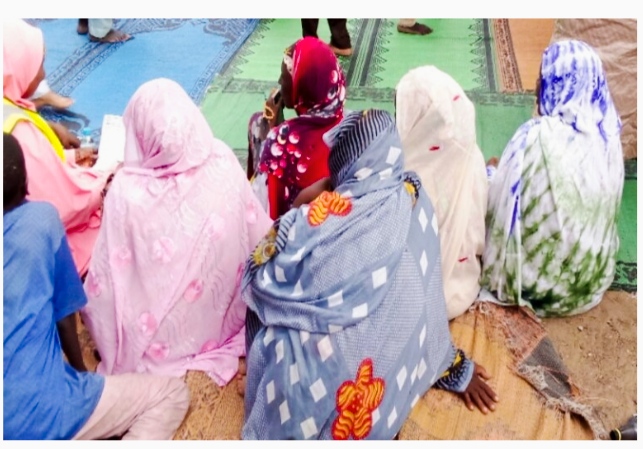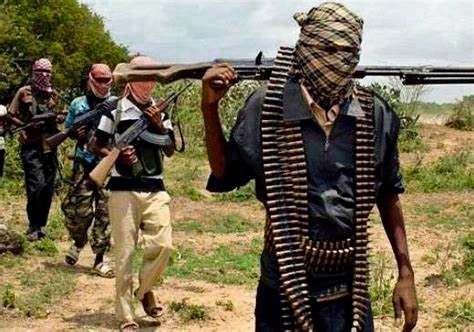For more than 10 years, the “death-trap” route between Maiduguri-Damaturu, infamous for attacks, kidnappings, abductions and killings of innocent people, has terrified users of the road.
However, an operation, “’Tura yakai bango”, launched by the military, has recorded “some successes” in the fight against Boko Haram insurgents on the road, they said.
But some have questioned the new operation, saying there had been many such “operations” and all had failed.
Umar Sanda, a public affairs analyst in Maiduguri, said changing the name of the operation did not necessarily mean the violence would end, adding that the road had been battered by Boko Haram insurgents for more than 10 years.
He said the “name of the operation can be changed 1,000 times” but if the government did not step up to end the fight against the insurgents, nothing would happen to stop the violence.
Sanda said he travelled on the road last week. “The insurgents mostly attack people between Jakana and Minok. I have seen soldiers in those places but more effective measures should be taken not just changing the name of the operation.”
He urged the federal, Yobe and Borno state governments to join hands to secure the road so that students returning from other states could continue their studies.
But a Borno Express driver, Baba kaka Mohammed, said the Maiduguri-Damaturu road was “peaceful” again.
He said there were five military gates from Jakana to Auno, where most of the attacks have occurred. The Maiduguri gate opened at 6am and the gate at Damaturu opened at 6:30am.
Mohammed said the security measures were being carried out by soldiers, police, vigilantes and the Civilian Joint Task Force. Some were at the gates, others on the road and on patrol. However, Mohammed said the military operation had caused traffic jams because cars, buses and other vehicles were stopped and searched.
A traveller from Maiduguri to Potiskum, Bashir Mohammed, said he drove on the road every day and confirmed there were “many changes”.








